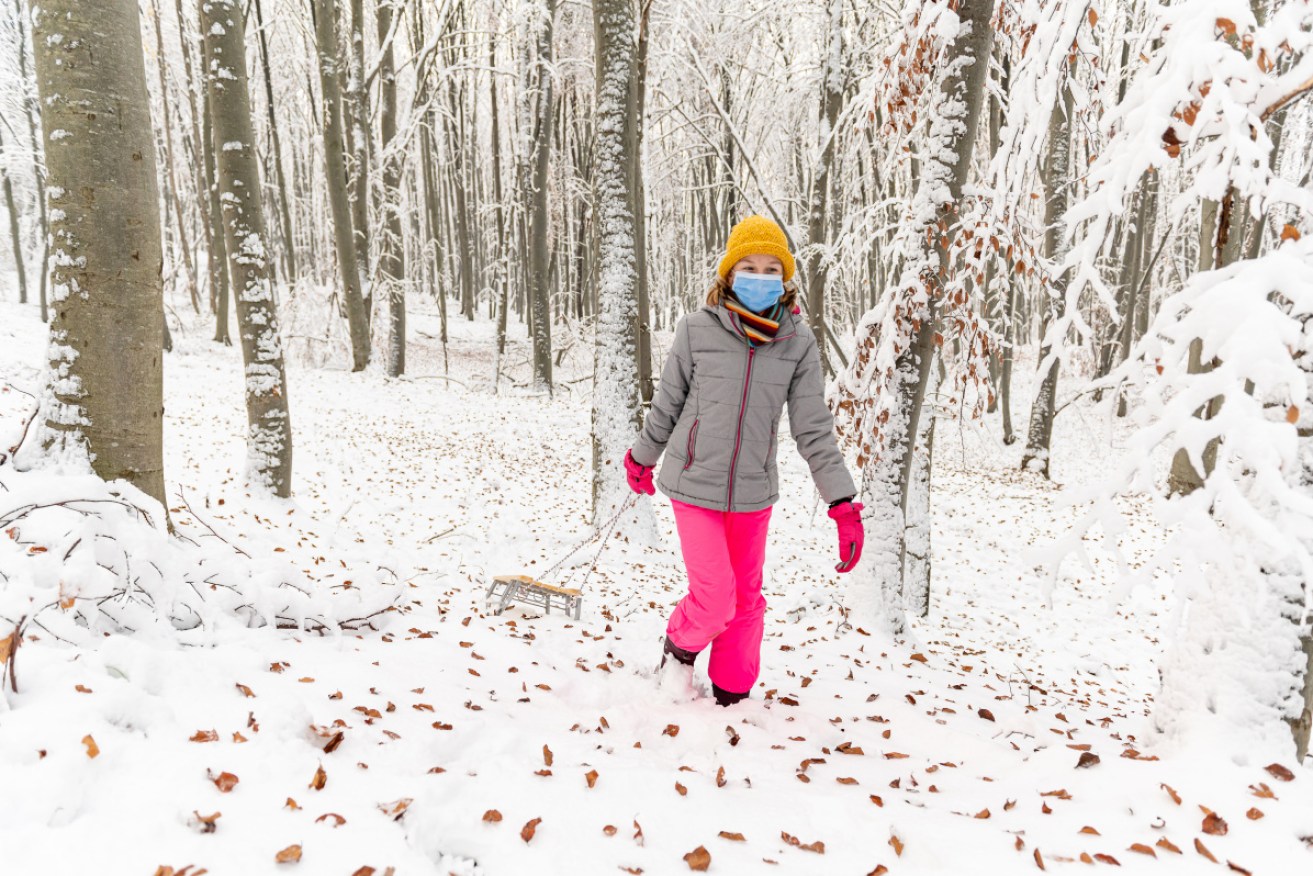The truth about cold weather and the coronavirus


Human behaviour is what spreads the coronavirus, not cold weather. Photo: Getty
Brrrr. Cold weather moves in (known as winter), the leaves fall off the trees and hey presto: A new coronavirus cluster appears.
The big chill is to blame, right?
The coronavirus thrives in the cold, yeah?
Not quite. The spread of the virus has more to do with human behaviour than weather patterns.
Research into the novel coronavirus and people found that cold weather plays almost no direct role in viral spread.
But, in order to better protect yourself, there are things that you need to know.
Evidence that temperature plays a part
A 2007 study with guinea pigs found the influenza virus spread more easily at 5 degrees Celsius than at 20 degrees Celsius, with no transmission at 30 degrees Celsius.
Reality check: Very few people are sitting around in 5 degrees.
A 2015 study found the common cold virus reproduces more efficiently in the cooler temperatures found inside the nose than at core body temperature.
The Yale authors concluded with caution: “This finding may confirm the popular yet contested notion that people are more likely to catch a cold in cool-weather conditions.”
But a 2020 study that actually looked at COVID-19 found that “temperature and humidity do not play a significant role in coronavirus spread”.
The authors said that “whether it’s hot or cold outside, the transmission of COVID-19 from one person to the next depends almost entirely on human behaviour”.
Notably, spending more time indoors during winter months, and viruses spread more when people are close to each other. So, try not to cough and splutter over one another.
Plus there’s the protections afforded by wearing masks, maintaining social distance and getting vaccinated.
Other issues to keep in mind
Spending more time indoors. People tend to spend more time indoors during winter months, and viruses spread more when people are close to each other. And this is where we are most vulnerable.
Reduced vitamin D levels. Being stuck indoors means we get limited exposure to the sun. Research suggests that vitamin D plays a key role in maintaining the immune system.
Blood vessel narrowing. Cold and dry air causes the blood vessels in the upper respiratory tract to narrow to conserve heat. The downside, when the blood vessels narrow, white blood cells may struggle to reach the mucous membrane, making it harder for the body to fight off germs.
Another good reason to wear a mask (or a scarf) when out and about.








